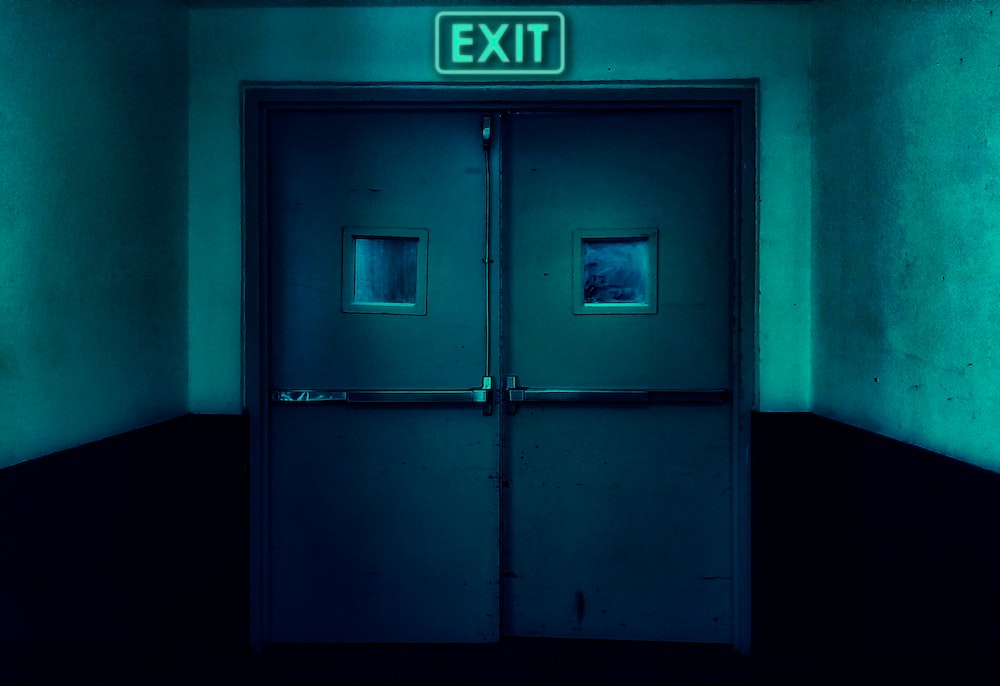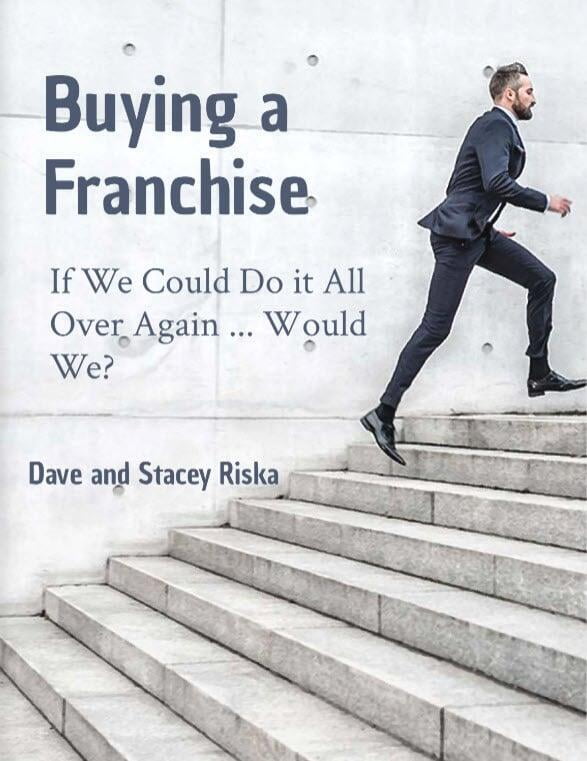We're marching forward into Item 17 of the Franchise Disclosure Document (FDD), which is an interesting item. Item 17 has to do with the end of your franchise agreement, meaning that when you acquire a franchise, one thing you highly want to consider when acquiring it is having some type of exit strategy before you even get started.
What Item 17 really covers is what are the options when you reach the end of your franchise agreement's life. For instance, one of those is renewal. In our current franchise that we own, we have a 10-year agreement period, and one of the options is to simply just renew that for another 10 years. We've actually done that once already. There are basically four different areas of item 17 that need to be highlighted.
Renewal is, as the word implies, you're going to renew your franchise agreement
Most franchise agreements have a 10-year term, but your Franchise Disclosure Document will tell you what that period is. This section will tell you how you can renew and if there are any fees. For example, some franchises may require you to notify them that you intend to renew or not renew and may say you need to do that within 30, 60, or 90 days before the renewal date.
It will also delineate if there are any fees that will be paid in regard to renewing. In our franchise, we renewed our franchise agreement. You'll be very glad to know that you're not going to have to pay a whole franchise fee to start all over again when you renew. Almost every franchise has a very reduced renewal fee, pretty much just to cover their legal and administrative costs. In our case, it was about $2,500, but we get a whole other 10-year franchise agreement. So when you're looking at the renewal clauses, understand how long your franchise agreement is for, if you need to provide the franchisor any advance notice, and if so, how much ahead of time you need to do that and if there are any fees involved in renewing.
One of the other options in the franchise agreement is termination, meaning that the end of the life of your agreement comes up or other reasons
Well, termination is the end, and that may be the end of your franchise agreement term, but it also may be, let's say you're five years in and you decide that you're hopefully not, but you're going to walk away from your business. So termination kind of also says that let's say you're at the end of your term but you don't intend on renewing. That would mean you're just going to terminate the agreement. So in all of these situations, the language in there will delineate what you must do if there are any fees involved, and how you're going to work with the franchise.
For example, let's say at the end of our 10-year term, we decided not to renew. We're just going to terminate the franchise agreement. Well, there's going to be language in there basically saying we can't continue to run and operate it. We can't use the name or the logo any longer. We can't continue to use the equipment, obviously because we're not renewing, we don't have the right to do so. So that's what the termination language will address.
You must cease all operations activities and use of anything that relates to that franchise at that particular point.
The next part of Item 17 that's usually covered is transferability
So a transfer is when you transfer or aka sell your franchise to another person who may be taking over your operations. Many times this will happen because let's say you might be four or five years into your franchise agreement and then something changes. Maybe your spouse is moving across the country and you've decided to move your family. Well, you're not going to be able to operate your franchise from there. So you've decided you're going to sell it. In this case, it's just called a transfer. And this section of the FDD will delineate what and how the regulations are involved.
Many times you may need to notify your franchisor that you intend to sell. Many times there will be some fees involved in this because the franchisor will have to do some administrative and legal work in order to get the new person all up and running. It will also likely delineate if they are just taking over your current franchise agreement or they're going to get a brand new franchise agreement with a new extended term. So make sure you look at and understand the transferability because that's going to impact how and the price for which you sell your business.
As part of Item 17, there typically is some language generally around dispute resolution
So Item 17 in relation to is what will happen if there are any disputes on either side? The good news is really your franchisor doesn't want to get into a legal battle with you, and you should not want to get into a legal battle with the franchisor. They want happy franchisees, but if and when there is ever a dispute, it's going to be delineated in this section how that gets resolved.
In most cases, it's going to be some kind of arbitration or mediation so that you can hopefully take care of that situation without having to get involved in the courts. What you should be aware of, however, is that all of these agreements, including the Franchise Disclosure Document, are going to be written in the franchisor's favor and will likely say that the state of law that is regulating it is going to be where the franchisor is domiciled. As an example, we are located in Maryland, but our franchisor is located in Arizona. So if there were ever a dispute, we have to really deal with the Arizona law, not the Maryland law. So just something to take into consideration because each state does have different rules and requirements.
Hopefully, you'll never get to that. Most of the time all disputes and stuff are negotiated/arbitrated out. Very few ever make it to full-blown having to go to court and defend yourself.
Tips on how they can get the most out of this information
The most important thing is what we alluded to in the beginning and that is to take a long-term view. Think about what your long-term game is, what's your exit plan? Do you plan to renew and stay in your business for the long term? Are you trying to build it up into a saleable asset? Are you going to transfer/sell it? What is your long-term game? And then understand how the language in Item 17 will impact you based on that decision.
We would, of course, also encourage you to have a lawyer and or an accountant review this section with you as well (we can provide some recommendations if you need assistance here). When it relates to the FDD, it's not as important to have a lawyer involved at this point because this is just a disclosure document, it's not really a legal document at this stage. But when you come to the end of that road and you're going to sign a franchise agreement, the FDD actually then becomes the franchise agreement and you are really going to want to understand Item 17.
Finally, the best advice we can give to our viewers and listeners is to work with someone such as us, an expert Franchise Consultant, who can help you evaluate and understand the FDD, understand how it will impact you, and ultimately help you achieve the business of your dreams.
What's Your Next? - Podcast
 | Author BioI’m Stacey Riska aka “Small Business Stacey”, your franchise placement specialist. I help aspiring business owners find the PERFECT franchise so they can get to the next level in life and business. |



